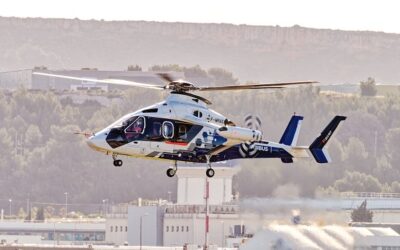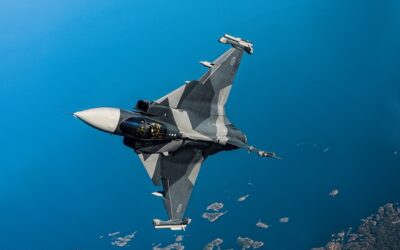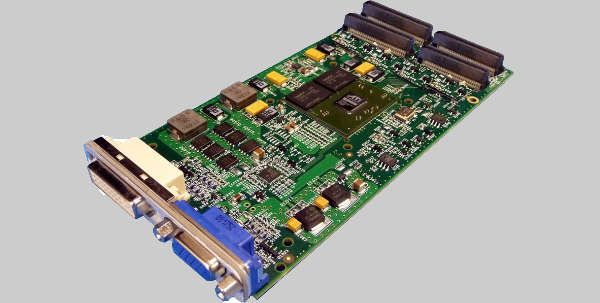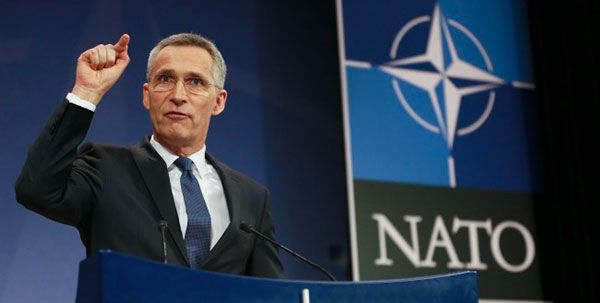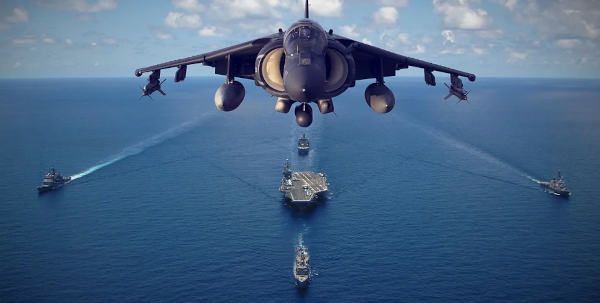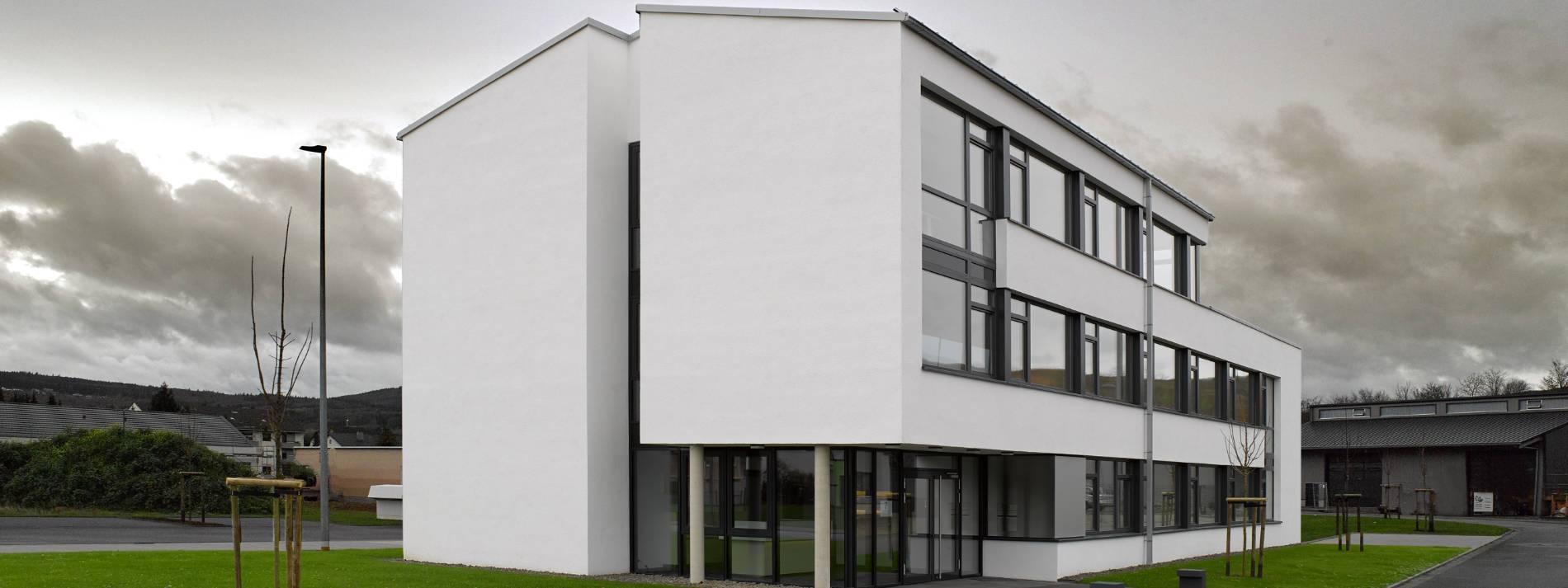National and Regional Security Expected to Improve
[In her first official submission for MON as Mönch’s Brussels-based NATO/EU Correspondent, Caterina Tani reports on the accession of NATO’s 30th member. – Editor]
Today, 2 April, the Republic of North Macedonia will sit in its first NATO ministerial meeting, less than a week after having joined the Alliance.
The small country officially became the 30th NATO member on 27 March. The date represents the ‘happy ending’ of a 15 year-long NATO accession process – one of the longest ever. It also marks final closure in a long-standing name dispute between North Macedonia and Greece, which repeatedly vetoed Skopje’s accession to NATO.
Several political actors welcomed the inclusion, which was labelled as ‘historic,’ both by NATO Secretary General Jens Stoltenberg and the President of North Macedonia, Stevo Pendarovsk.
The achievement, Stoltenberg said during the NATO flag-raising ceremony for North Macedonia on 30 March, “comes after years of perseverance, determination, and commitment to reform.”
It “finally confirms Macedonian security and guarantees our future,” President Pendarovsk declared on 27 March.
On the same day, US Secretary of State, Mike Pompeo, said the membership “reaffirms to other aspirants that NATO’s door remains open [and] will support greater integration, democratic reform, trade, security, and stability across the region.”
Balkan Implications
Indeed, by realising its long-held dream of joining the Alliance, Macedonia has the opportunity to become economically and politically stronger.
President Pendarovsk recalled attention to the fact that NATO membership might be beneficial when it comes to “political stability and security [and] increased volume of domestic and foreign direct investment.” He said to expect bigger economic effects “based on other recent members’ accession pattern (e.g. Bulgaria) where the biggest GDP growth was seen in the years after NATO and prior to EU accession.”
From a wider perspective, the country’s membership is also a stabilising factor stability in an area that was the theatre of the latest European conflicts – the Yugoslav wars – in which NATO itself played a decisive role.
It also impacts Euro-Atlantic relationships with Moscow, as NATO is expanding in an area where Russia has long been trying to promote its own influence – also by trying to interfere in North Macedonia’s name dispute process.
These implications were evident in the words of Russian Foreign Minister Sergey Lavrov when he said on 31 March that the move does not “promote the joining of effort for fighting common threats,” including COVID-19. Instead, he added, the accession will only “create new separation lines.”
EU Perspective
Finally, the accession can be seen as a ‘test bench’ – which President Pendarovsk called a “a socialisation platform” – for the EU integration of North Macedonia.
On 24 March, the EU leaders gave the final green light to the opening of EU accession talks with the country, marking a turnaround from October’s blockage of the talks by France and other countries.
Caterina Tani in Brussels for MON

